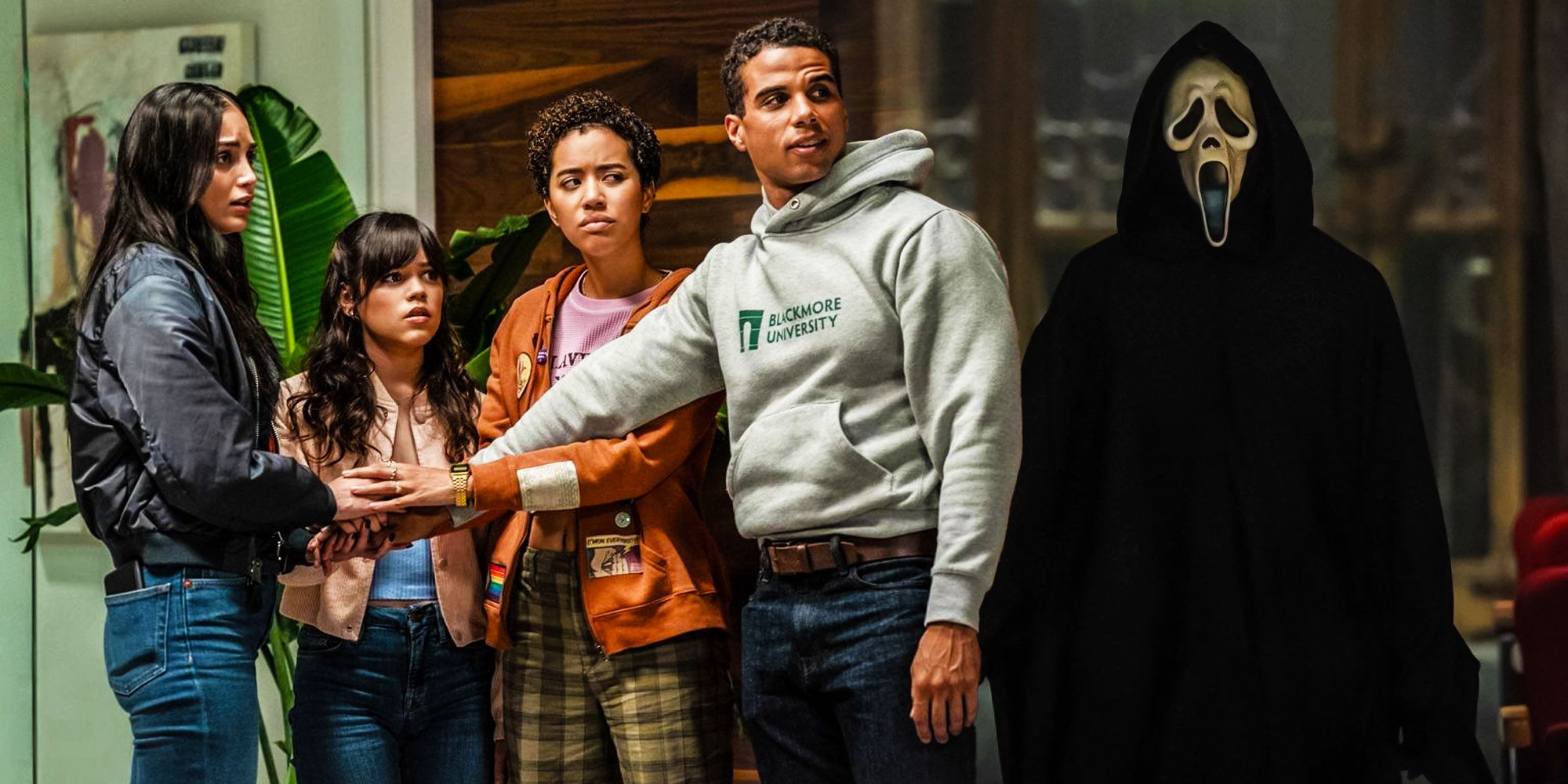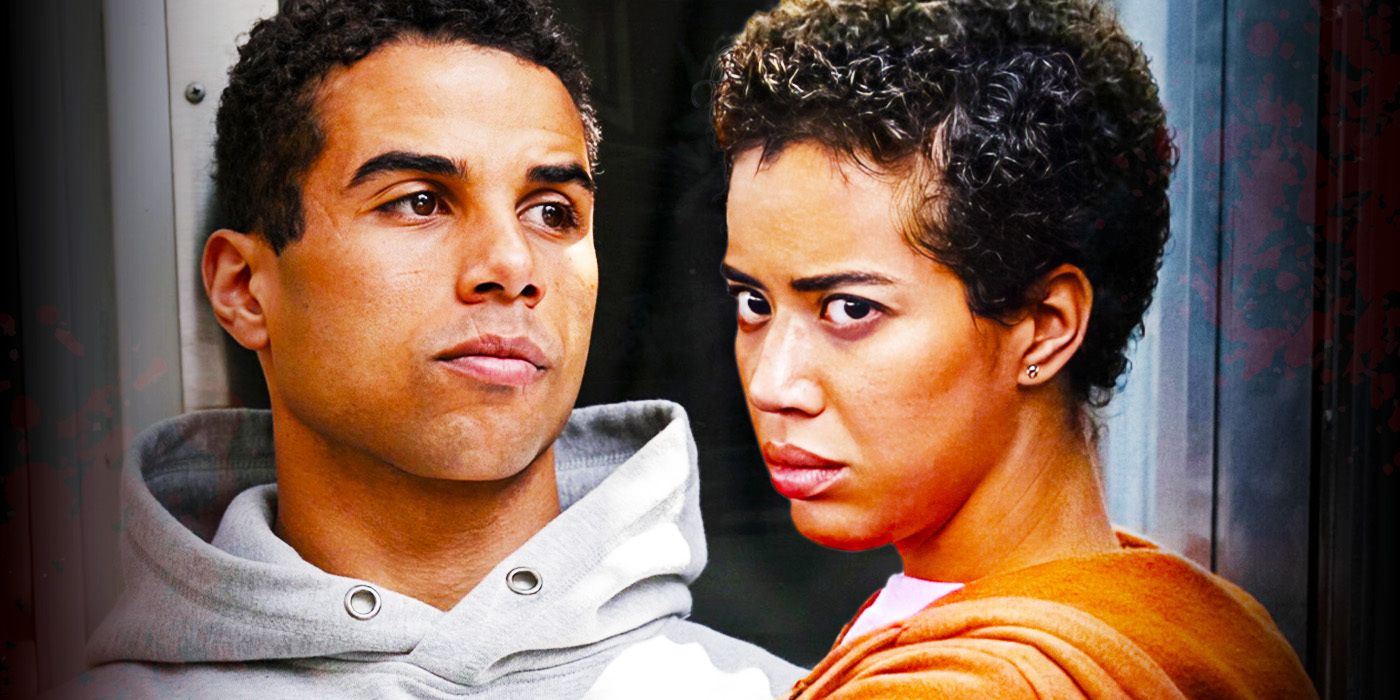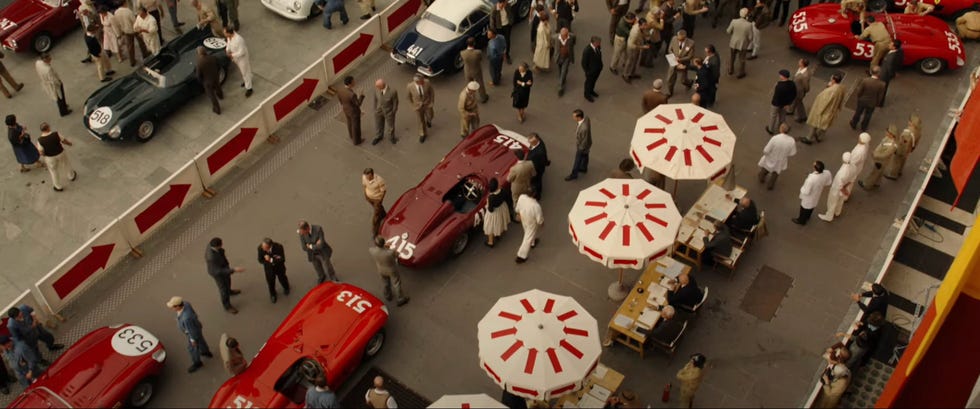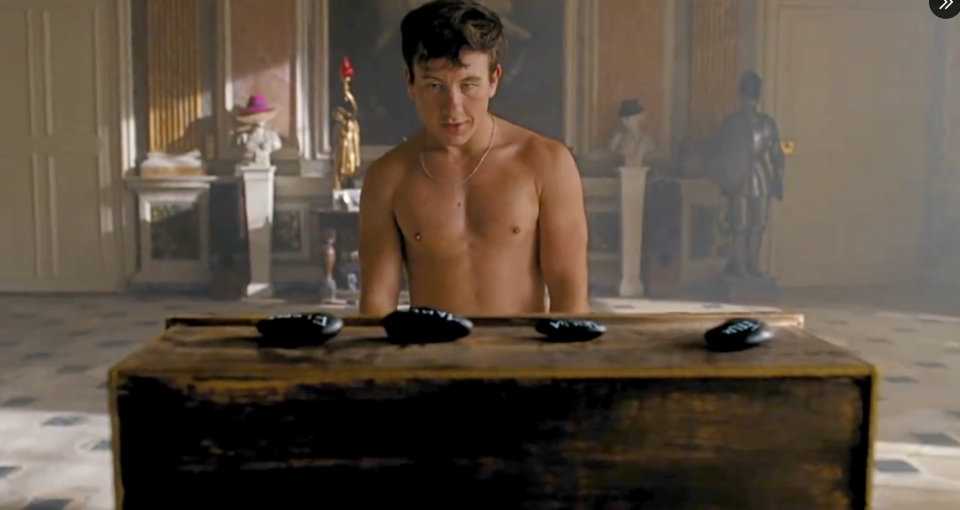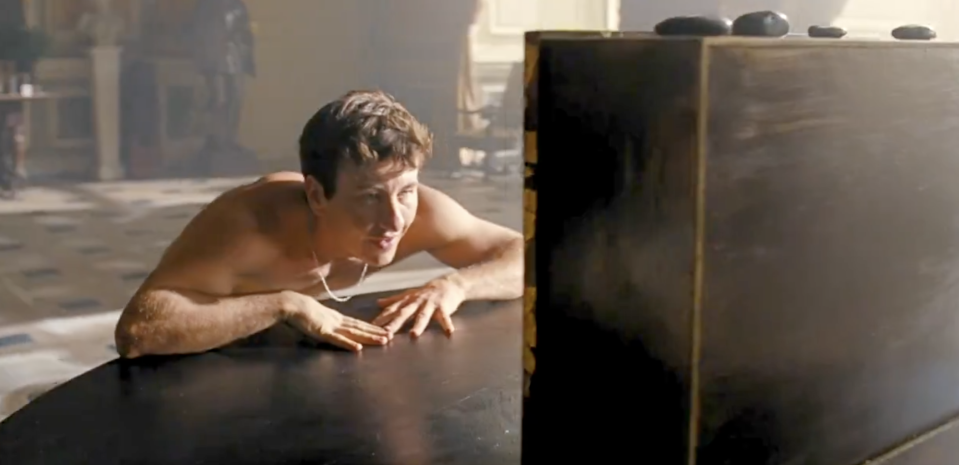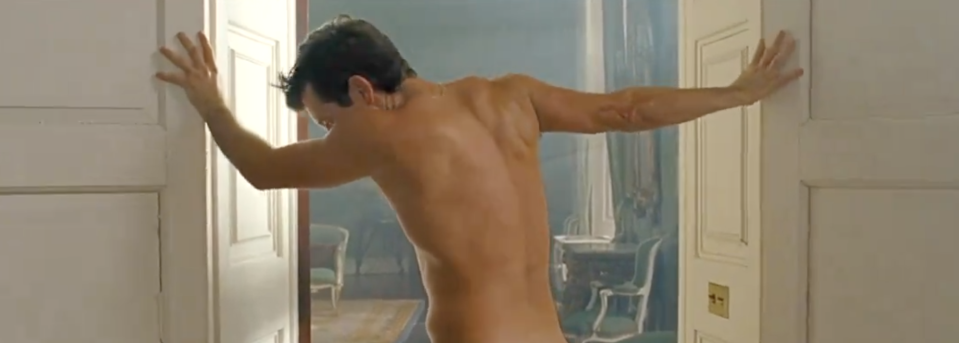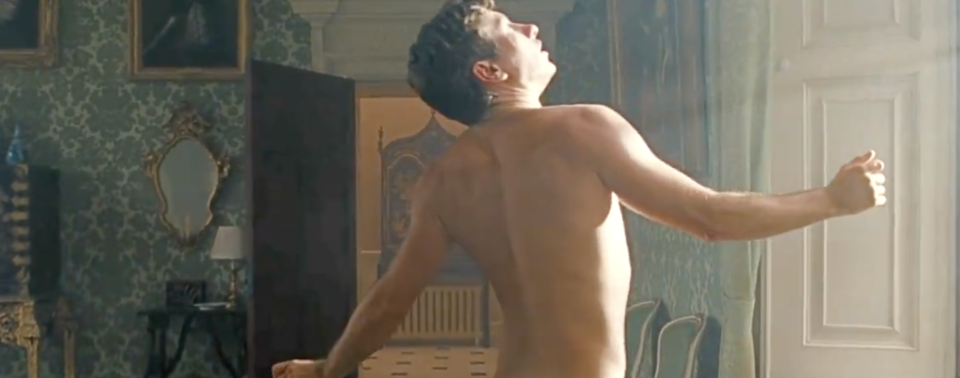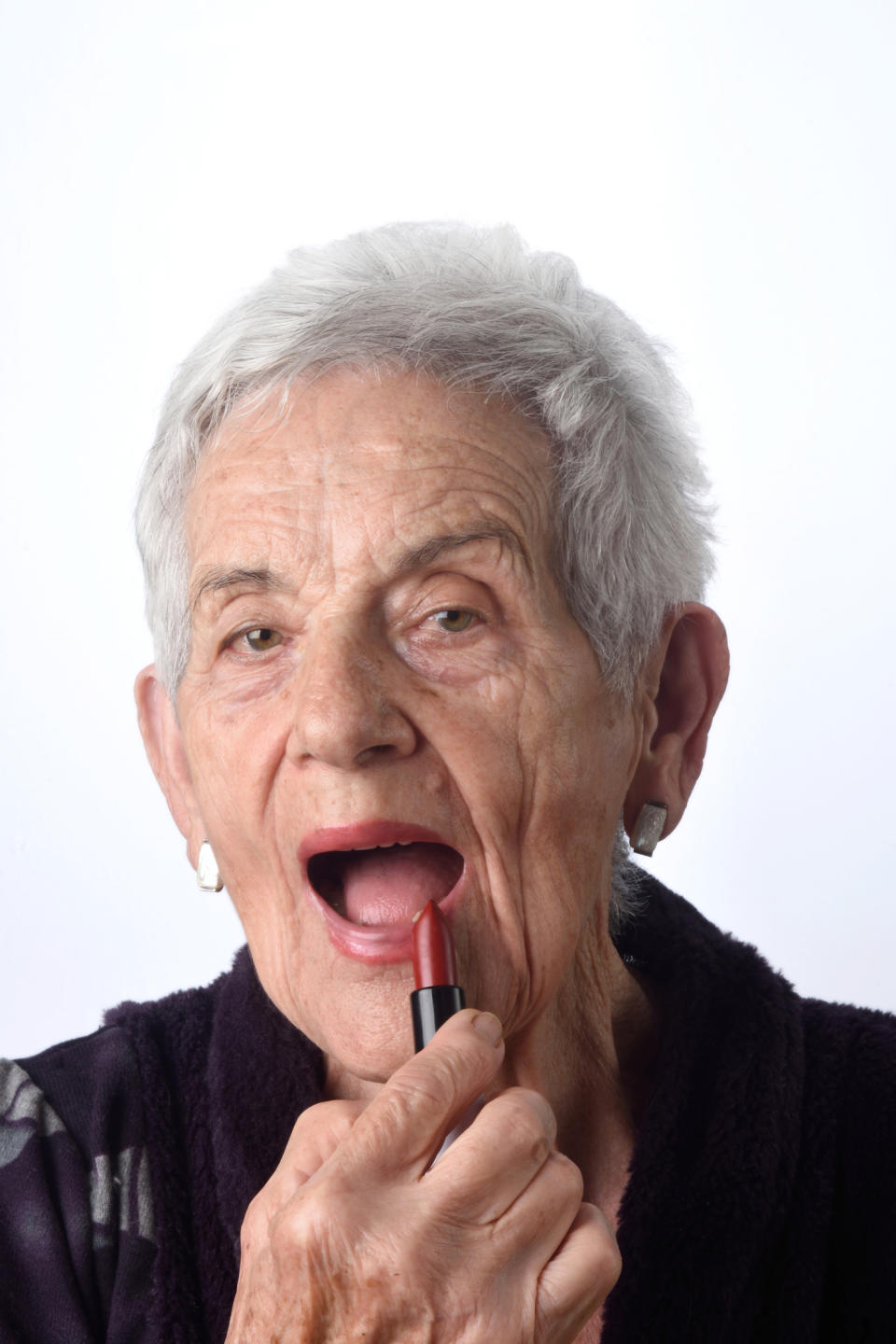For some Jenny Agutter will always be associated with children, more specifically with Roberta Waterbury, or “Bobbie”, the oldest of the three siblings in the classic 1970 film The Railway Children. So, even though she has just turned 71, her connection these past two decades with Go Beyond, one of the Telegraph’s four Christmas charities which gives vulnerable children holidays in the countryside and by the sea, feels entirely of a piece.
Yet her real reasons for giving it her support have much more to do with her own growing up than her film credits. “I was very lucky with my childhood, with my family,” she explains. “I never wanted for anything and it was magical, filled with memories of exploring places, playing on our own. One time we even built a boat on a pontoon.”
Her father Derek was in the Army entertainment corps, she had an older brother Jonathan but two other siblings had died in infancy. She moved around the world regularly, including spells in Singapore and Cyprus, before at eight, she went as a boarder to the prestigious Elmhurst Ballet School in Surrey.
“I had holidays and I had being outside. Go Beyond is giving that to children who don’t have the chance of experience the wonder of being away from the city. A lot of them are carers for parents.”
Of the 8-13-years-olds referred to the charity in 2022, by teachers, social workers and other professionals in children’s services, 81 per cent said they had more confidence as a result of staying at their centres in Cornwall and Derbyshire. Seventy-six per cent said that they could now make friends more easily, and 78 per cent that they now believed good things could happen in their lives.
We are talking in the bright, airy penthouse flat in Camberwell, south-east London, that Agutter shares with her Swedish husband of 33 years, Johan Tham, a former director of the celebrated Cliveden Hotel in Buckinghamshire. She apologises for the mess as she is in the middle of packing for Christmas in Dorset with their GP son, Jonathan, his wife and her two grandchildren aged three and three months, but Agutter radiates a serene calm.
She has, in the past, been outspoken in her rejection of cosmetic surgery to reverse the ageing process. “You are what you are,” she tells me. “We carry whatever beauty we have at all stages of our life.”
Her regime of swimming, yoga and long walks certainly seems to be working. In a loose, elegant full- length grey-brown woollen dress, she looks decades younger.
“I still feel like a child,” she confides, “even though I am 71. I am still excited by being on a film set. I am still excited by travelling and meeting different people. It is one of the things I like about being in Call the Midwife. It is multigenerational.”
She has starred for 13 series since 2012 as Sister Julienne, nun-in-charge of Nonnatus House in London East End. After a successful Christmas special, the storyline, which began with the dawn of the NHS, is about to advance into the 1970s.
“I didn’t think at the start that we’d go beyond one series, let alone move into the 1970s. I found myself recently saying to Helen George [who plays midwife Trixie Franklin], ‘well you remember how in the 1970s…’, and then I realised she didn’t remember it at all. She wasn’t born then.”
The child-like curiosity that she retains, and her appetite for new people and experiences also informs her work with Go Beyond. “I get thanked a lot for doing things with charities, but it is the other way around. They are enabling me to meet different people living in different worlds. When you are surrounded by young people, you remain young.”
And that strong connection with good causes goes deeper still with Agutter. Her support isn’t limited to attending events or visits to Go Beyond’s centre in Cornwall, where she also has what she regards as her own family’s “proper” home.
She likes to roll up her sleeves and join in. The day after we meet she is working in a food bank run in Chelsea by another charity she supports, the St Giles Trust. “People think of Chelsea as a very wealthy area, but there are real pockets of deprivation hidden away there too.”
Some well-known names are cautious today about appearing too “political” in the support they give to causes, but Agutter – while she avoids being party political – is unafraid of taking a campaigning stance. “Sister Julienne’s approach is to take care of people in the circumstances in which they are. She doesn’t ask whether those circumstances should change. I’m more impatient. I don’t feel things will change unless we try to make them change.”
Her voluntary work – for which she received the OBE in 2012 – has extended, in recent years, to being “happy to wave my red petticoat” [as Roberta memorably did in The Railway Children to stop a train steaming towards a landslide on the track] to campaign to save railway ticket offices from closure.
“And I joined the fight to keep bus conductors,” she adds. She is a big user of public transport. “I never get recognised,” she reports in a down-to-earth way.
Though Agutter began her career as a child star, the impetus did not, she says, come from her parents. Her father’s Army work was about getting well-known names to perform for the troops, “but his was the variety world, which is a little bit different”. And her mother Catherine, whose family was originally from Ireland, was not Mrs Worthington, and was never particularly keen to see her daughter on the stage.
It all started with ballet – and you can still see the hallmarks of that early training in her straight back and graceful way of moving about the flat as she makes tea and answers the door. During her time at Elmhurst, she was spotted by Walt Disney who cast her as a young dancer in his film Ballerina.
Other auditions followed and at 12 she played the part of the young girl in the care of governess Sylvia Sims the 1964 big-screen adventure East of Sudan. “I was tiny, which is why they wanted me. I needed to be light enough to be carried by Sylvia.”
It was the start of a friendship between the two that endured. In the 1990s, they would do public readings together on the theme of mothers and daughters. “She was strong, socially minded, even scary sometimes,” Agutter remembers of Sims. Much the same description could be used of her too – except the scary, though Agutter’s face can look very stern as Sister Julienne when framed by her wimple.
Does she ever regret swapping ballet for acting? “Between 15 and 16 I grew taller, but I would never have gone in that direction. I knew by then that I didn’t have the dedication it required. Then films came along.”
At just 14 she was cast by English director Nicolas Roeg in his iconic survival film, Walkabout, set in the Australian outback. It is another of her memorable roles, playing a schoolgirl, left alone with her younger brother to fend for themselves.
It then took several years for Roeg to raise the finance, which, she says with hindsight, was “a good thing and I don’t think I would have been ready at 14 to make that film”.
Because of the delay, she was 16 when the cameras started rolling, including a famous – for some infamous – section where she strips off and goes skinny-dipping in a lake in the middle of nowhere. “You mean the swimming scene,” she corrects me.
“It is very innocent. Nobody paid any attention to it at the time, but we didn’t have social media or internet back then. The internet has corrupted all of that because it is about taking images out of context.”
It does, however, seem unlikely that such a scene would be shot by today’s filmmakers on account of Agutter’s age at the time, but she refuses to be cast as a victim. “While I might have been an embarrassed 16-year-old, the cameras were way off and the water was beautiful. The shot is completely correct for the film because Nick wanted to show a kind of Eden.”
Perhaps she might have been less embarrassed if she had been offered one of the “intimacy coordinators” now routinely available when young actors take their clothes off on film sets? Agutter politely rebuffs the suggestion. “I had enough people around me that I didn’t feel vulnerable. My mother had come out with me for the beginning of filming.”
Though she filmed Walkabout before The Railway Children, they opened in cinemas in reverse order. So, first audiences saw and fell in love with feisty but innocent Roberta (supposed to be 14 in the E Nesbit novel on which it was based) in her bonnets and plaits. And then the child became more woman-like in Walkabout.
“In Railway Children I was allowed to be entirely a child because Lionel Jeffries [the director] treated us as children. He’d give us half-a-crown to spend in the shop at the end of the day if the shooting had gone well. And Sally [Thomsett, who played her 11-year-old sister Phyllis in the film, despite being 20 at the time] would say, ‘that’s not going to go very far in the bar, is it?’”
Agutter has renewed her connection with The Railway Children twice – in 2000 in an ITV adaptation of E Nesbit’s book, when she took on the role of the children’s mother. “Some people asked me at the time, ‘why would you do that, we just think of you as Roberta?’ But I’m not. And I’ve grown up too.”
Then last year there was a film sequel, The Railway Children Return in which she was a much older Bobbie, helping evacuees during the Second World War. Does she ever sometimes wish she could shake off that close association with her first major big-screen success?
“The Railway Children has been with me for a long time. And has remained with me. I actually rather like it. I think teenage years are now a bit lost now with social media compared to the innocence of the youngsters in The Railway Children.
“There was no social media back when we were filming it, fortunately. By 17, I had worked in the grown-up world of film and was unworldly because boarding school keeps you away from the world.
The transition from child star to grown-up actor is a notoriously tough one, but Agutter is one of the few success stories. There was one more “young role” – opposite Richard Harris as orphan girl Fritha in The Snow Goose, which in 1972 won her an Emmy in the US.
Next, after a spell learning her trade on the London stage, she decamped for Hollywood. Within the first six months she landed a starring role in the big budget sci-fi adventure Logan’s Run, alongside Michael York, Peter Ustinov and Farrah Fawcett. After that the jobs kept coming – An American Werewolf in London, Amy, Child’s Play 2 and Equus, for which she won a Bafta in 1978.
“It was a very independent life. I was in Los Angeles between the ages of 21 and 38, growing up and loving it.” But she never felt she entirely fitted in.
“I am not good at big parties. I actually went to the Oscars one year,” she says laughing, “but I didn’t go down the red carpet. I snuck in the back way. Totally the wrong thing to do.”
In her later years in Hollywood, she began to take more jobs on both sides of the Atlantic. While in the UK starring in a TV mini series of Jeffrey Archer’s Not A Penny More, Not A Penny Less, she met her husband, a hotelier called Johan Tham. He didn’t like California, so she decided to move home.
They married in 1990 and their son Jonathan arrived on Christmas Day the same year.
She had known that the cystic fibrosis gene ran in her family because her older brother Jonathan was a carrier. He had had a daughter, Rachel, with the life-shortening condition. But Agutter had never been tested herself before she got pregnant, although there was a 50-50 chance she too would be a carrier.
“Rachel was doing so well [and continues to do so in her late 40s] that I really didn’t think about getting tested until after I was pregnant,” she remembers now.
She took the test and was found to be a carrier. It nearly always requires both parents to be carriers to pose any risk to their unborn child, so her husband was then tested. It came back negative.
“The only difference it would have made if he had been positive,” she reflects, “is that I would have been forewarned.”
But it has subsequently made her and her brother wonder about their two siblings who died as infants. “All they were told as children was that they hadn’t thrived.” That could be a sign of cystic fibrosis, though, at the time, it wasn’t diagnosed. “We will never know for sure but it is what we believe,” she adds. The unanswered question is one of the reasons she is also a patron of the Cystic Fibrosis Trust.
As a mother, her career took a different direction. She went back to work within seven months but “I was just careful about what I chose to fit around Jonathan.”
And did the ageism, that is said to reduce the number of roles that come women’s way once they turn 40, affect her? “The pile of scripts got smaller, but I was always working when I wanted to work.”
When the chance of Call the Midwife came along in 2012, she had a family holiday booked slap bang in the middle of filming. She thought it would cost her the job, but it didn’t and she has been there ever since. Others have come and gone, but she has remained constant.
“I’ve done jobs where I have felt stuck,” she says and quotes the long-running BBC spy drama Spooks in the 2000s, where she left after a couple of series. “My character never seemed to get out of the office.”
Yet Call the Midwife keeps her – and its 10 million viewers – coming back. It is currently commissioned until 2026.
“It is Heidi Thomas’s writing that is so good,” she explains, “and the scripts are moving forward through history all the time, new things, social changes. At the same time it is also about new babies, new lives, and everyone likes that. It is not always about happy endings, but finding a way through.”
Agutter’s presence in the nation’s homes at prime time these past 11 years has boosted her profile once more. But in an age of social media, that instinct not just to support but to campaign for causes can on occasion raise eyebrows and get her into trouble.
In 2014, she lent her name to a public letter urging Scots to remain in the UK in that year’s referendum. Two years later, she used her own platform to plead in the Brexit debate for people to be better informed about the facts before making their choices. “I wasn’t telling anyone which way to vote but I was worried that everything was very negative, and no one was talking about the positive things Europe did for us.”
Her contribution prompted a backlash. “I received a number of very unpleasant comments, telling me don’t say anything, jumping on it and making me feel uncomfortable. That is bullying.”
It didn’t put her off. “In The Railway Children Return last year, we included a story of a young boy whose father was a black soldier from America. And people accused us of being woke and making that story seem more important than it should be.”
The publicist for the film advised Agutter to keep quiet. “But I didn’t feel like staying quiet. It was a good story and an important story. And I said so.”
She remains unbowed. When it comes to the causes she supports, including Go Beyond, she is not one for half-measures. “If I feel something needs to be said, I will say it.”
Go Beyond is one of four charities supported by this year’s Telegraph Christmas Charity Appeal. The others are the RAF Benevolent Fund, Marie Curie and Race Against Dementia. To make a donation, please visit telegraph.co.uk/2023appeal or call 0151 284 1927
"Scene" - Google News
December 31, 2023 at 02:00PM
https://ift.tt/9HMmeT3
Jenny Agutter: My teenage nude scene was innocent – the internet has corrupted all of that - The Telegraph
"Scene" - Google News
https://ift.tt/XIE2PM8
Shoes Man Tutorial
Pos News Update
Meme Update
Korean Entertainment News
Japan News Update
